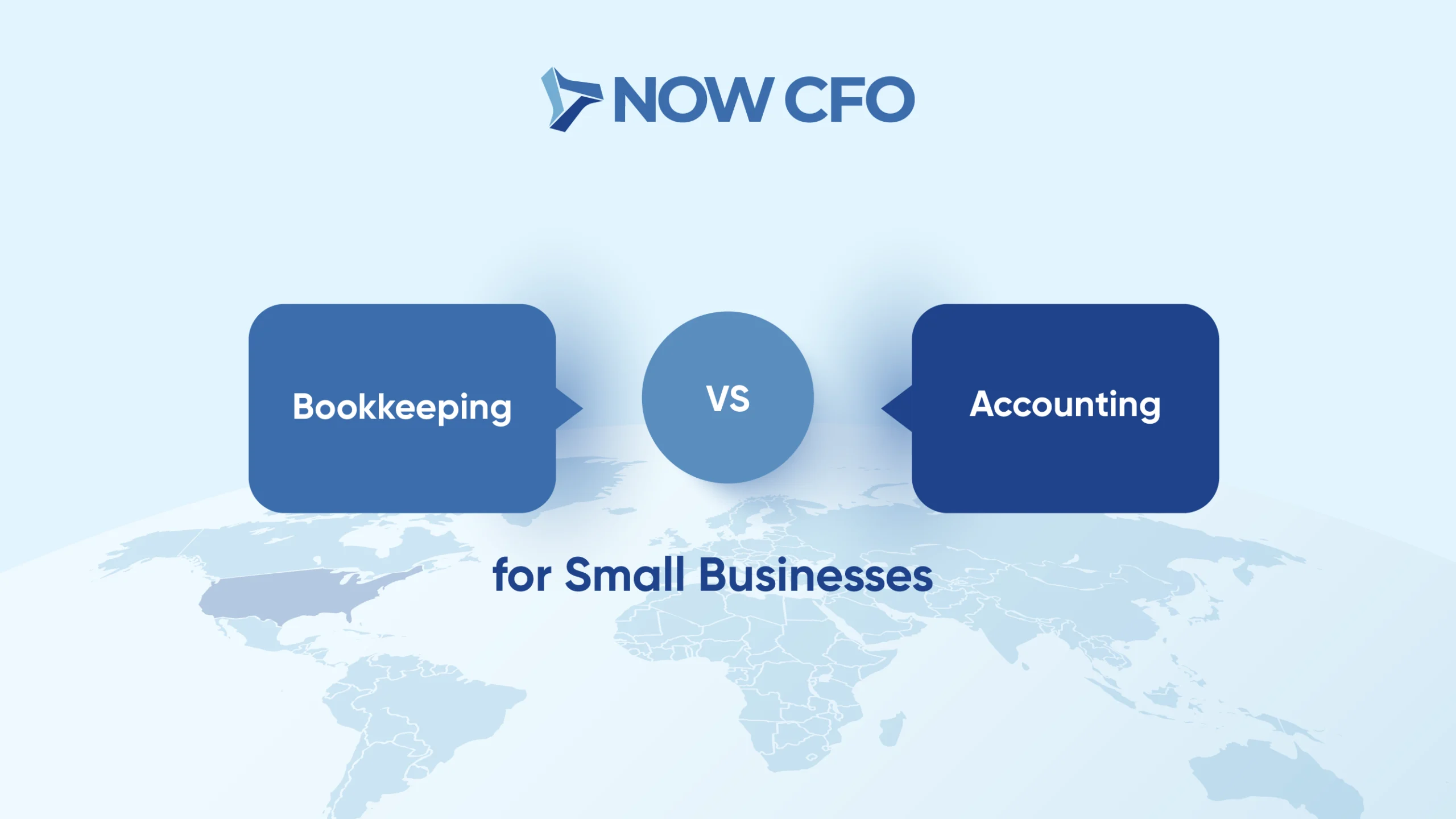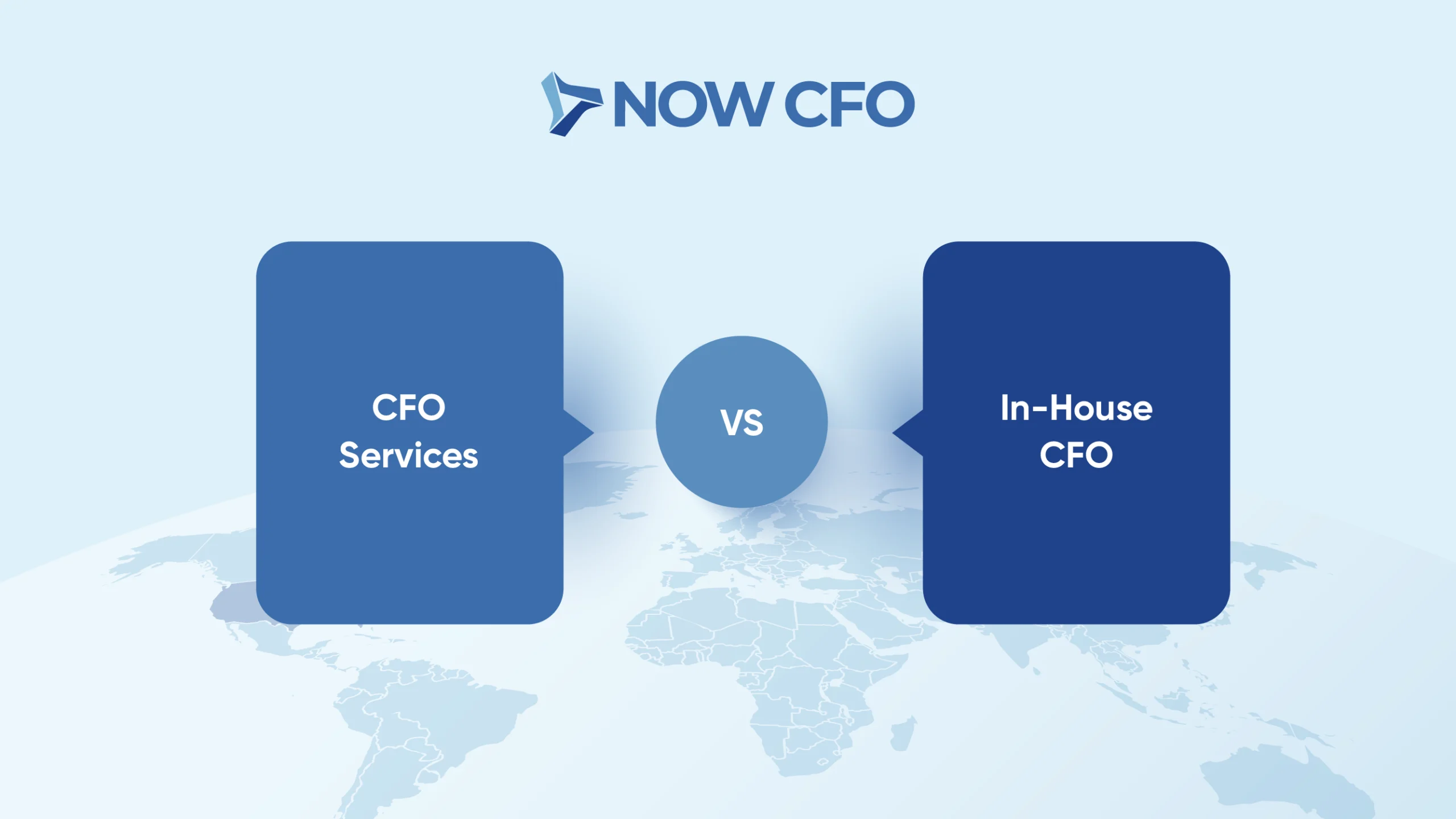
Outsourcing and automation are two distinct approaches that organizations employ to improve efficiency, reduce costs, and optimize their operations. While both strategies aim to enhance productivity and achieve better outcomes, their implementation and impact differ. Outsourcing involves delegating specific tasks or functions to external service providers, often leveraging their expertise and cost advantages. On the other hand, automation focuses on utilizing technology and machines to automate repetitive and manual processes. Despite their differences, outsourcing and automation share the goal of streamlining operations, driving innovation, and enabling businesses to focus on their core competencies. Understanding the contrasting and complementary aspects of outsourcing and automation is essential for organizations to make informed decisions about the most suitable approach for their needs.
Outsourcing
Outsourcing offers several benefits to organizations that delegate specific tasks or functions to external service providers. These advantages include cost-effectiveness, access to specialized expertise, improved efficiency, and the ability to focus on core competencies. By outsourcing, businesses often achieve cost savings by leveraging the lower labor costs and economies of scale offered by external providers. This allows organizations to allocate resources and invest in other critical areas strategically. Additionally, outsourcing provides access to specialized skills and knowledge that may only be available in some places, enabling companies to tap into the expertise of experienced professionals.
Outsourcing also promotes efficiency by leveraging the streamlined processes and best practices of service providers, leading to improved quality and faster turnaround times. Lastly, outsourcing non-core activities allows organizations to focus their internal resources and energy on core competencies, strategic initiatives, and higher-value tasks, fostering innovation and business growth.
Automation
Automation offers numerous benefits to organizations seeking to streamline operations, boost productivity, reduce costs, and enhance efficiency. The global automation market is expected to rise 32.8% by 2027. In short, automation is the future. One of the primary advantages of automation is increased productivity. By automating repetitive and manual tasks, machines and software perform them faster, more consistently, and more accurately than their human counterparts. This efficiency saves time and allows employees to focus on more complex and strategic responsibilities.
Automation helps reduce costs in the long term by minimizing labor expenses, eliminating errors caused by human factors, and optimizing resource allocation. Automated processes also enhance consistency and quality by adhering to predefined rules and procedures, reducing the potential for human errors and variability. Another key benefit is the ability to scale operations quickly. Automation allows organizations to handle higher volumes of work without additional human resources, resulting in improved scalability and adaptability to changing demands. Additionally, automation facilitates data analysis and reporting by capturing and integrating real-time data, enabling businesses to make informed decisions and identify actionable insights. Ultimately, automation empowers organizations to optimize their workflows, increase efficiency, reduce costs, and drive innovation, leading to improved business outcomes and a competitive edge in the market.
Leveraging Outsourcing and Automation Together
The key advantages of using automation and outsourced accounting services together:
- Cost optimization: Automation helps reduce labor costs by automating repetitive accounting tasks while outsourcing accounting services to specialized providers in cost-effective locations further lowers expenses.
- Focus on core competencies: By outsourcing accounting functions, organizations focus on their core competencies, strategic initiatives, and critical business activities. Automation further enhances this focus by freeing resources from mundane accounting tasks, enabling them to concentrate on higher-value activities.
- Risk mitigation: Both automation and outsourced accounting services contribute to risk mitigation. Automation helps maintain compliance with regulatory requirements and internal controls, while outsourced accounting services provide access to experienced professionals well-versed in financial regulations and best practices.
Utilizing automation and outsourced accounting services presents the most practical solution for organizations. By combining automation’s strengths and outsourced professionals’ expertise, businesses achieve optimal efficiency, cost savings, accurate financial management, and a focus on core competencies. This collaborative approach maximizes the benefits of each strategy, resulting in streamlined operations, improved productivity, scalability, and access to specialized knowledge. Embracing automation and outsourced accounting services together provides a comprehensive and well-rounded solution that empowers organizations to thrive in today’s dynamic business environment.














